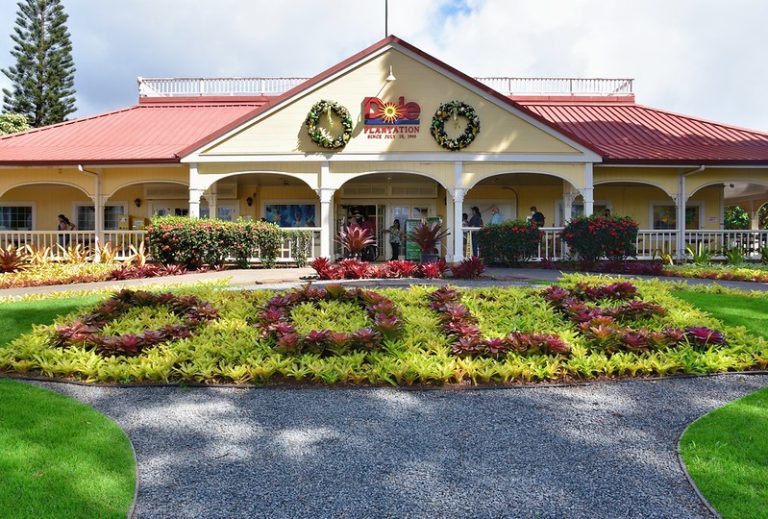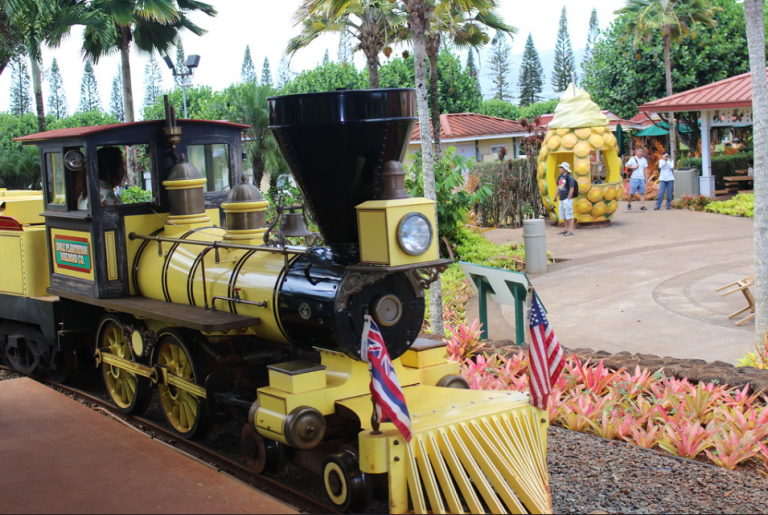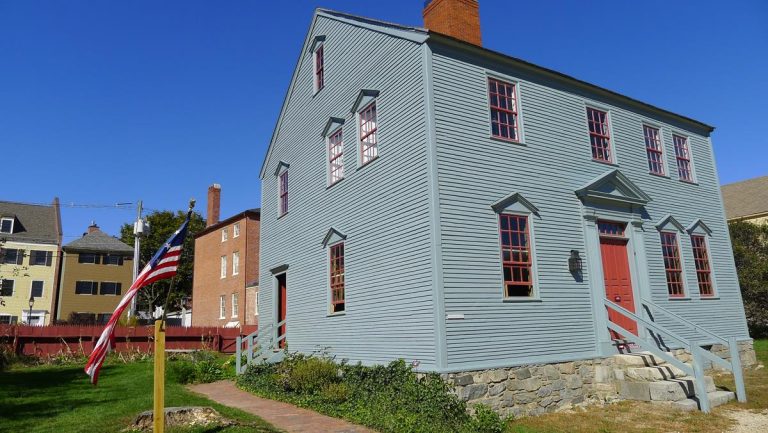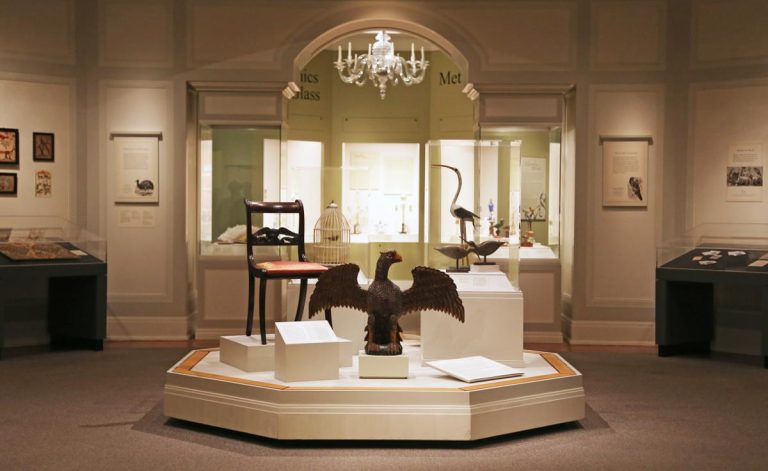Found in Oahu’s countryside, the Dole Plantation provides a window into Hawaii’s agricultural legacy and the global significance of pineapple cultivation. Originally established by James Dole in 1900, this historic site now serves as an engaging field trip destination, seamlessly blending heritage with environmental education. Students can gain insight into pineapple farming’s evolution, how the plantation system shaped Hawaii’s economic development, and the ways modern agriculture continues to be influenced by the islands’ climate and resources.
One of the plantation’s most well-known attractions is the Pineapple Garden Maze, hailed by the Guinness World Records as the world’s largest maze. Students navigate winding paths designed around diverse tropical plants, honing problem-solving skills while learning about horticulture and plant biology. Guided tours delve deeper into the history of Dole Plantation, illuminating the canning and shipping processes that once connected Hawaii to international markets. Exhibits also detail the science behind cultivating tropical fruits in volcanic soil, offering an up-close look at sustainable farming practices.
For a more comprehensive experience, the Tropical Garden Tour introduces an array of plants, from sugar cane and papaya to, of course, pineapples. Each station highlights how Hawaii’s ecosystem and soil composition affect plant growth, drawing clear connections to biology, ecology, and environmental science. Meanwhile, interactive programs give students the chance to observe agricultural techniques firsthand, debate the merits of sustainable farming, and reflect on how local industries can affect global economic patterns.
Even classes that cannot travel to Oahu can still experience the plantation’s educational offerings through virtual field trips featuring live tours and demonstrations. These digital sessions can be adapted to various grade levels, providing a rewarding learning opportunity for students worldwide. Complementary lesson plans and classroom activities further extend knowledge by linking historical insights to real-world agricultural challenges. A journey to the Dole Plantation thus enriches students’ awareness of how food systems interlace with history, culture, and the pursuit of responsible land stewardship.




